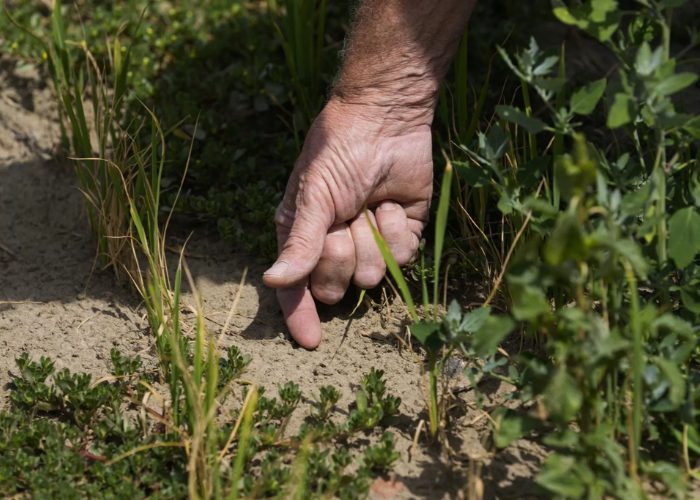Agriculture: why is Europe ignoring innovation?BY ANTONIO PICASSO
- 16 July 2024
- Posted by: Competere
- Category: Senza categoria

Research and innovation in agriculture? No, thank you. This seems to be the prevailing attitude in parts of the political world and public opinion in Europe. This impression arises from two seemingly unrelated events. On one hand, there was the recent vandalization of an experimental rice field developed with Assisted Evolution Techniques (TEA) at a farm in the province of Pavia. On the other hand, the European Council’s latest postponement of the proposal to resolve the deadlock on legislation concerning New Genomic Techniques (Ngt).
These sophisticated projects aim to address the dual need for environmental sustainability and food security. In a Europe struggling to maintain its position as a global agricultural power, the only viable path is to enhance internal production efficiency. How? The Horizon Europe program has a total budget of about 95.5 billion euros for the period 2021-2027, with a significant portion allocated specifically for research and innovation in the agri-food sector. A population of 450 million mouths cannot be fed without impacting the environment, nor by closing borders to non-EU imports. European consumers demand products that require a complex industrial process and often rely on raw materials not available locally, such as coffee and cocoa, or rice and wheat, which, although cultivable in Europe, are insufficient to meet demand.
For instance, the total demand for rice is 3.8 million tons, while European production accounts for only 1.8 million tons, necessitating imports to cover the shortfall. We are more self-sufficient with wheat: 110 million tons are needed, while 130 million tons are produced. As a result, Europe exports wheat flour-based products. However, we still import 9 million tons, consisting of specific varieties not grown in Europe or intended for particular industrial uses. This situation has led to high production costs in Europe, low prices for imported products, and food inflation, which primarily harms consumers. Given that much of the non-European rice and wheat follow less stringent production standards than those imposed on European growers, it is essential to focus on increasing domestic crop yields. Excluding the use of GMOs, glyphosates, and pesticides, which are banned by Eu regulations for valid environmental and health reasons, we must find alternatives. Ngt and Tea are both genetic selection methods for crops to make them more sustainable and resistant.
.
Article published in Italian on Il Riformista
